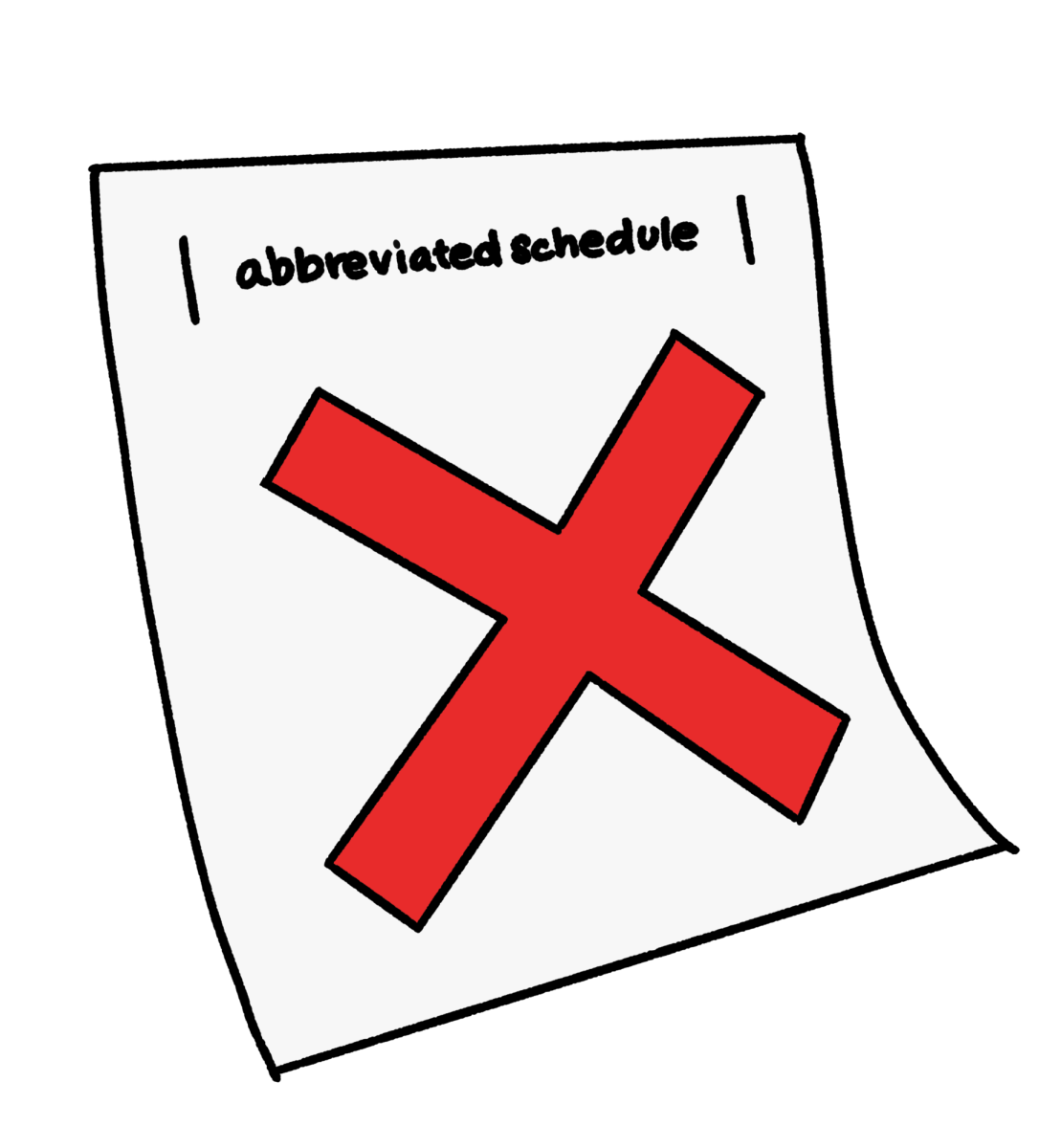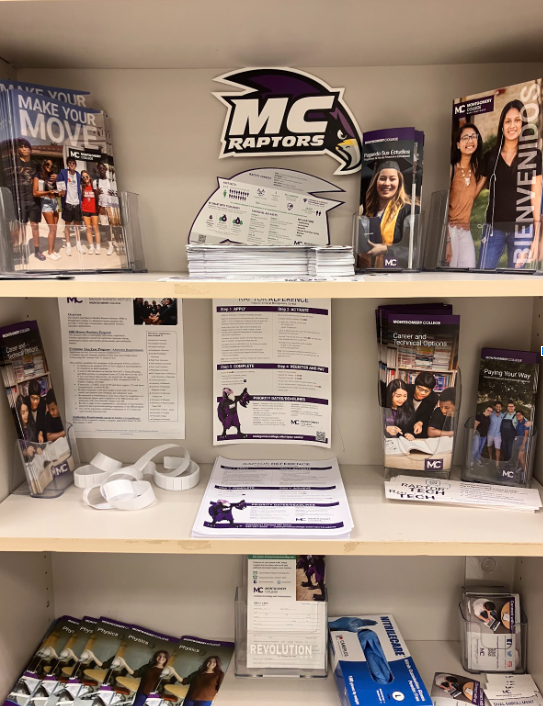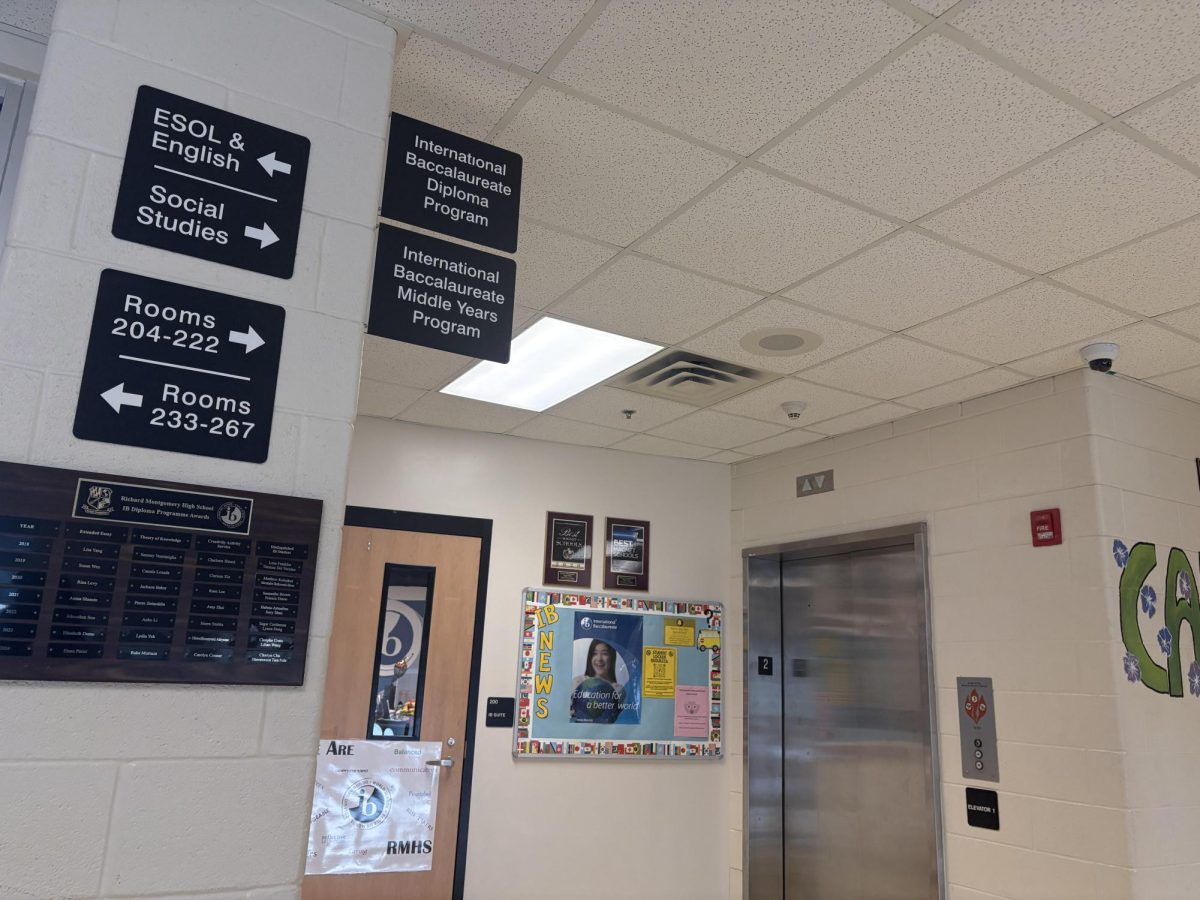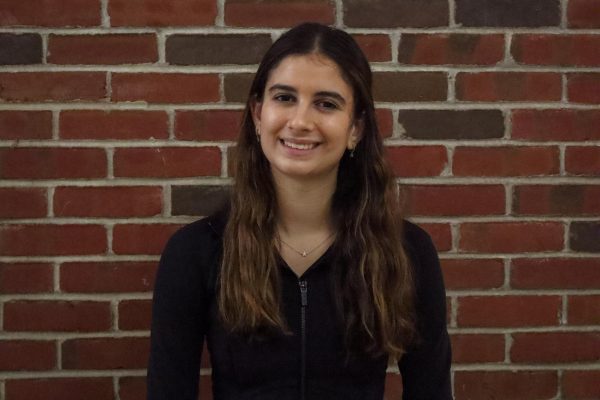Last month, stricter rules have been implemented revolving around abbreviated class schedules. Rising seniors are more restricted than in previous years while building their schedules for next year, as they can only miss one to three class periods depending on the circumstances and need to get a job, internship or be in dual enrollment in order to do so. These rules are adding a lot of difficulty for rising seniors, as they are trying to figure out their schedules.
There are definitely both positive and negative aspects to these rules. They are helpful in the long run because they highly encourage students to get experience with working and pursuing their career interests if they choose to not have full days of classes, which will help set students up for success. But at the same time, these rules are also quite frustrating, because if a student fulfilled most or all of their credits, why should they have to take all seven classes?
It is common for seniors to take mostly electives, and while this could be a fun option, it isn’t always ideal or appealing to everyone. “I feel like, if a person doesn’t want to take extra classes, they shouldn’t feel the need to take electives just to fill up their schedules,” junior Nhi Li said. “But I also feel like the internships are a good implementation because they lead [students] to success in their career path.”
“Senioritis” affects pretty much everyone during their senior year. After so many years of hard work, it is very easy to lose motivation and feel burnt out towards the end of high school. Abbreviated schedules without a job, internship, or dual enrollment could provide an opportunity for seniors to wind down before going to college and so on. “I think that seniors have worked hard, and if they were able to get all their required classes, then they should be able to have an abbreviated schedule,” junior Anna Karakashian said.
It is difficult to find a medium between strict and non-strict abbreviated schedule rules. Although burnout is rough, attending school is very important. Students should still be required to take a certain number of classes their senior year in order to graduate if they don’t have an educational outside opportunity. One option that could be offered for students who want to shorten their schedule but don’t have a job or internship and aren’t in dual enrollment is to allow them to have six classes instead of seven. “I think a one-period abbreviation would be fine, but [for anything more than that], they should have some sort of outside [job or internship],” junior Natalie Marmelstein said.
Another problem with these rules is that some students may have some personal responsibilities outside of school aside from working. Although exceptions could probably be made, the rules about abbreviating a schedule should not be this specific, because everyone’s life looks different.
Overall, the school implementing rules in order for rising seniors to abbreviate their schedules is reasonable, as attending school is very important, but these rules shouldn’t be as strict as they are, because students should have more freedom during their senior year as long as their credits are fulfilled and they are passing.
If you would like to voice your opinion on an issue you feel is relevant to our community, please do so here. Anyone is able and welcome to submit a Letter to the Editor, regardless of journalistic experience or writing skills. Submissions may be published either online or in a print issue.










